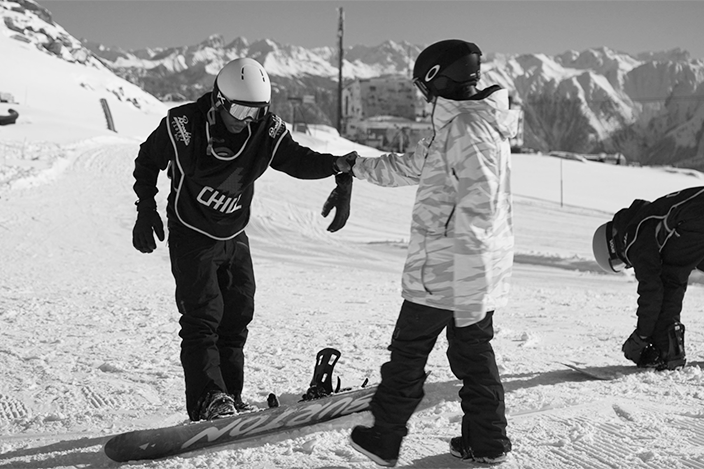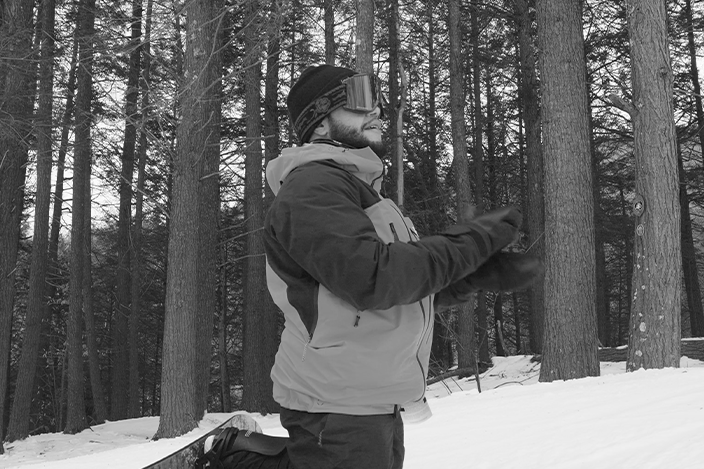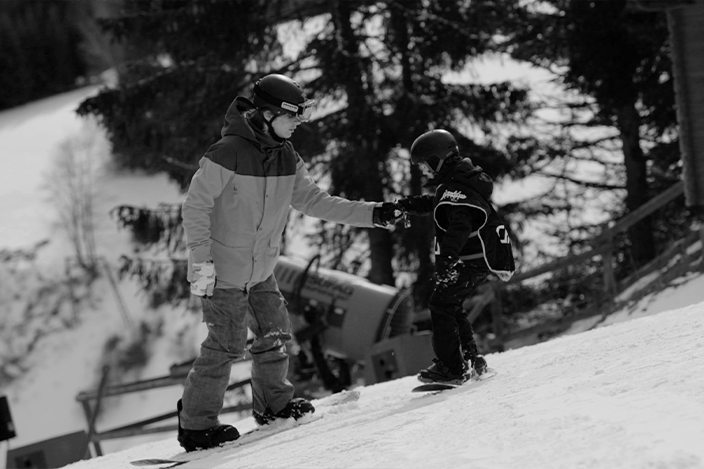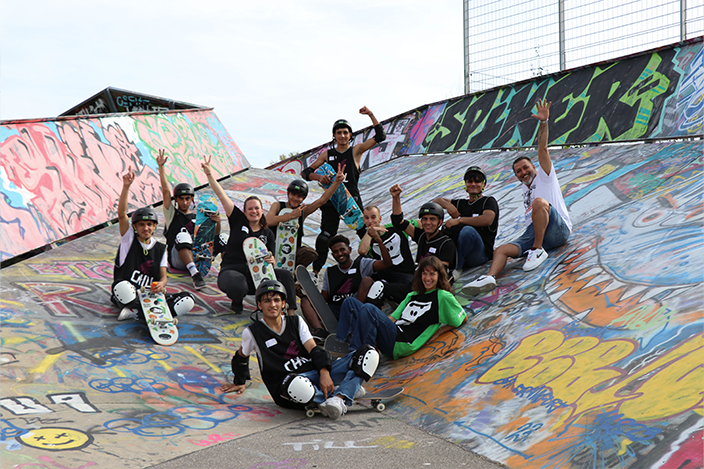Whether you’re a young person looking to learn about anti-racism and racial inequity or a parent, guardian, or youth worker looking to tackle these issues with young people and help to raise them to be anti-racist, it’s not always easy to know where to begin. To help, we’ve pulled information, advice, and resources from a number of sources and complied it all here for your reference.
PARENT, GUARDIANS, AND YOUTH WORKERS
Issues of anti-racism and racial inequality may seem difficult to begin with young people, but the most important thing is that you don’t shy away from them.
-
The first step is to educate yourself in order to address any underlying biases you may have and to prepare yourself to accurately teach and answer questions as they arise. For a list of helpful resources to educate yourself, see our blog post called Resources to Help Understand and Tackle Racial Injustice.
-
Start the conversation young. Studies show that young people begin picking up positive and negative attitudes and biases from adults as toddlers, by 5 or 6 they start to see themselves as part of a racial group, and by 9 or 10 racist attitudes can start to take hold. Encourage youth to share their observations and curiosities respectfully, and have open conversations. Also remember that it’s never too late to begin anti-racism conversations with older kids and teens as well. Age shouldn’t be an excuse to let things be.
-
Acknowledge and celebrate differences. Promoting a “color blind” approach can lead to ignoring issues of systemic racism. Instead, acknowledge racial differences, celebrate them as positives, and also address the fact that racism is real.
-
Expose youth to diversity by being intentional about seeking environments where they can experience it. Don’t be disingenuous in your efforts, but consider opportunities for diversity like public parks, camps, play groups, or places of worship. Look outside your usual spots.
-
Curate and utilize media that encourages anti-racism and diversity. Whether it’s books, audio programs, videos, or toys, pay attention to what children are ingesting, and seek out and invest in products that include positive racial messages and characters of all backgrounds. (For a few suggestions, see the list below)
RESOURCES FOR YOUTH
These are just a few suggestions, and we encourage you to research an invest in resources beyond this list.
Books for Young Children
-
Jambobooks: A book club that sends you two books every month that star a child of color.
-
Zara’s Big Messy Day that Turned Out Okay: Rebecca Borucki
-
Duke Ellington: Andrea Davis Pinkney
-
Freedom Summer: Deborah Wiles
-
Uncle Jed’s Barbershop: Margee King Mitchell
-
Through My Eyes: Ruby Bridges
Books for Older Children
-
The Hate You Give: Angie Thomas
-
The Watsons Go to Birmingham: Christopher Paul Curtis
-
A Friendship for Today: Patricia McKissak
Additional Lists and Media Resources
These lists, ideas, and suggestions were curated from a variety of sources. To read them out for yourself, and read the complete pieces in their original forms, please check out the links below:
The Philadelphia Inquirer: How to raise anti-racist kids
The New York Times: Talking to Kids About Racism
Cristie Ritz-King: Raising Anti-Racist Kids Starts with Educating Ourselves as White Parents




